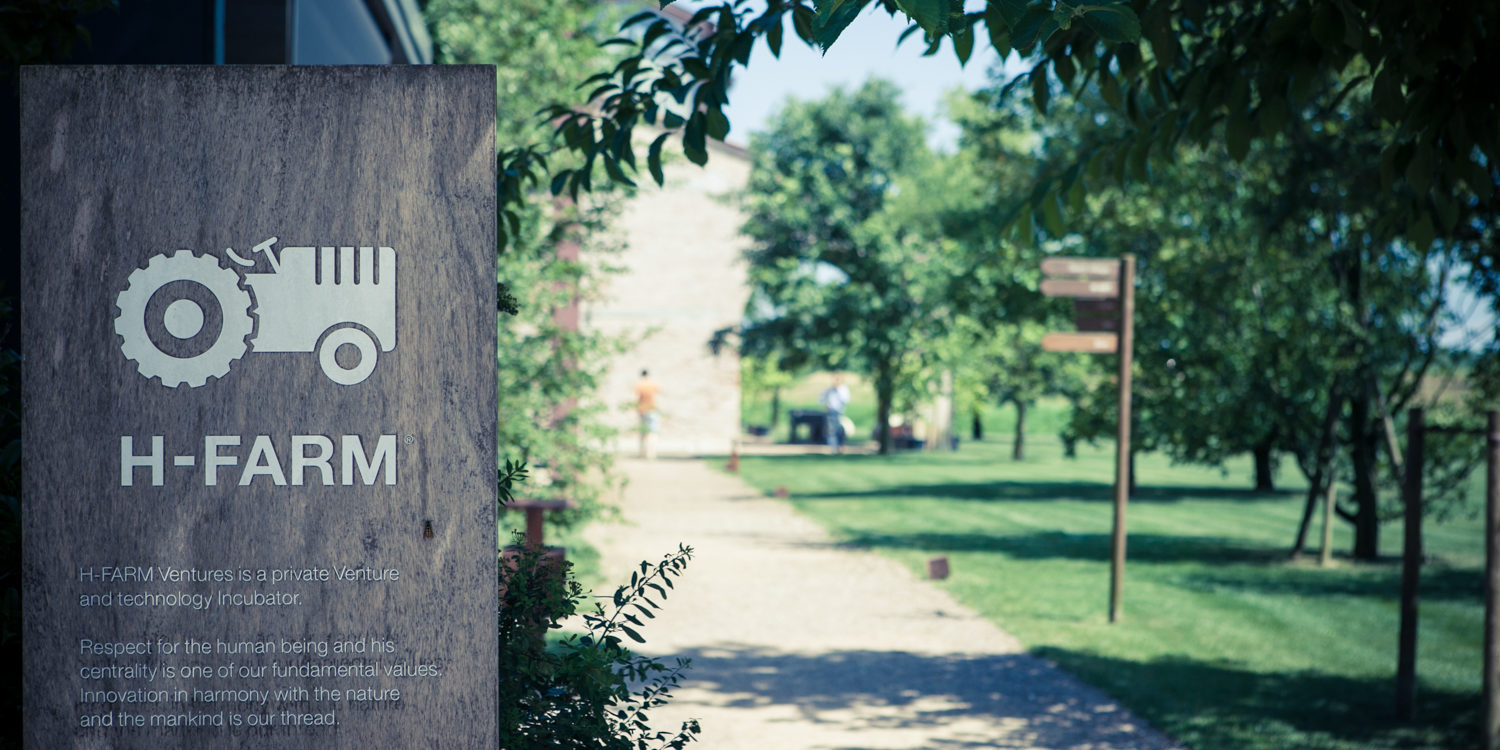H-FARM is a digital platform founded in 2005 with the aim of helping young entrepreneurs in the development of innovative ideas, thus supporting the transformation of Italian companies from a digital point of view. 12 years after its birth, the numbers of this reality speak for themselves: several companies located in 7 buildings see over 550 young people at work; a total investment of 24 million euros aimed at 86 start-ups, mainly small innovative companies. Recently (January 2017) the agreement was signed that sanctions the entry of H-FARM in the share capital of SMAU, the most well-known event on the Italian territory in terms of innovation. And just one month later, the agreement was signed that gives shape to H-CAMPUS, a project that has the ambition of making the Treviso hub the most important European innovation hub. Intended to host over 3000 people including students, startuppers, teachers, entrepreneurs and managers, with a basic idea that is the sharing of spaces to encourage the exchange of ideas. H-CAMPUS presents itself in the future as a tool for observing new trends in the world of work, but above all as a reservoir of talents and skills.
The agreement provides for the establishment of a Real Estate Fund, managed by Finint Investments SGR and underwritten by Cattolica Assicurazioni, with the support of the FIA2 fund “Smart Housing, Smart Working, Education & Innovation” managed by CDP Investimenti Sgr and with the participation of Cà Tron Real Estate (a company of the founders of H-FARM itself). When fully operational, the Fund will count on assets of 101 million euros: the real estate operation involves the expansion of the area of 31 hectares of land (starting from the already existing 14000 square meters of buildings and 12 hectares of parkland), within which 26000 square meters of new buildings will be constructed. The value of this project has been recognized also from the regulatory point of view by the Veneto Region that has classified it as a “project of strategic interest”.
The theme of sustainability and respect for the environment cannot be ignored: only 10% of the entire area occupied by H-CAMPUS will be built; the new buildings used for classrooms, auditoriums, restaurants, meeting rooms, student residences, etc. will be constructed by recovering the necessary building credits from the territory; from the energy point of view, the commitment is to use renewable energy sources.

